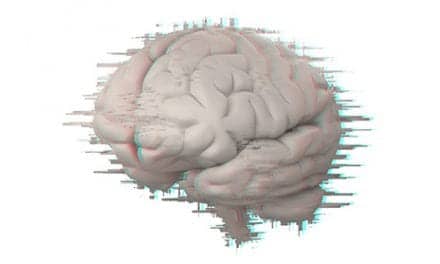A new study spotlights post traumatic growth (PTG) as a relatively stable phenomenon and suggests its associated positive personal growth factors may be apparent in the years following traumatic brain injury (TBI). According to prior research conducted by the University of North Carolina (UNC), Chapel Hill, NC, PTG is a positive change experienced as a result of the struggle with a major life crisis or event.
The recent study was conducted by researchers at the Berkshire Healthcare NHS Foundation Trust, Reading, UK, and designed to investigate factors linked to PTG and determine if PTG remained consistent between 11 years and 13 years following traumatic brain injury (TBI) was recently published in the PubMed journal Disability Rehabilitation.
According to the study, researchers interviewed 21 TBI survivors and each participant completed a face-to-face administration of questionnaires. The questionnaires, researchers say, measured PTG and factors potentially associated with PTG. Researchers add that the study followed a longitudinal follow-up format.
The study’s results indicate factors that encouraged PTG included a personal sense of purpose and coherence, social support, high-activity levels, having paid work, new stable relationships following injury, milder disability, and religious faith. Researchers report that, specifically, patients with a high level of purpose served as a key predictor of PTG. The results also suggest that there was no change in PTG between 11 years and 13 years following injury. Researchers say these results highlight PTG as a relatively stable phenomenon that remains consistent once it has been established after the early years.
Researchers recommend that clinicians become more aware of PTG and its associated factors, in order to bolster positive developments in TBI patients through focused advice, resources, and efforts.
Researchers at UNC emphasizes that while patients may experience personal growth through PTG, this does not imply that all patients will or that those who do experience it, do not suffer from the distress typical of traumatic events.
Source(s): Disability Rehabilitation, UNC




